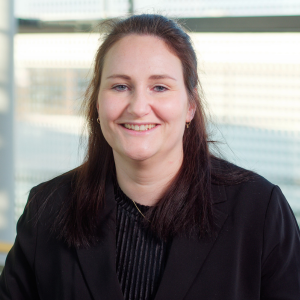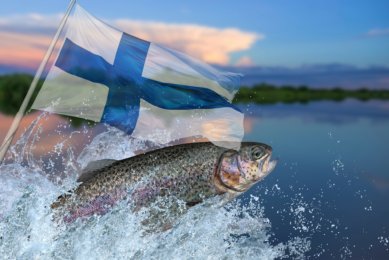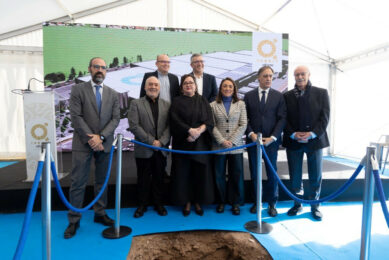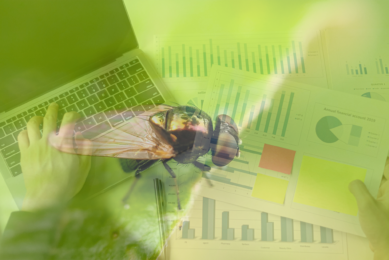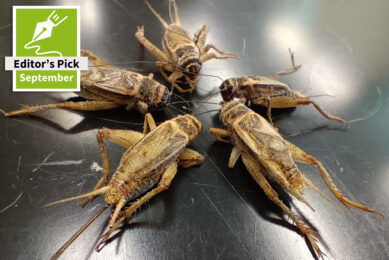European research project boosts use of insects
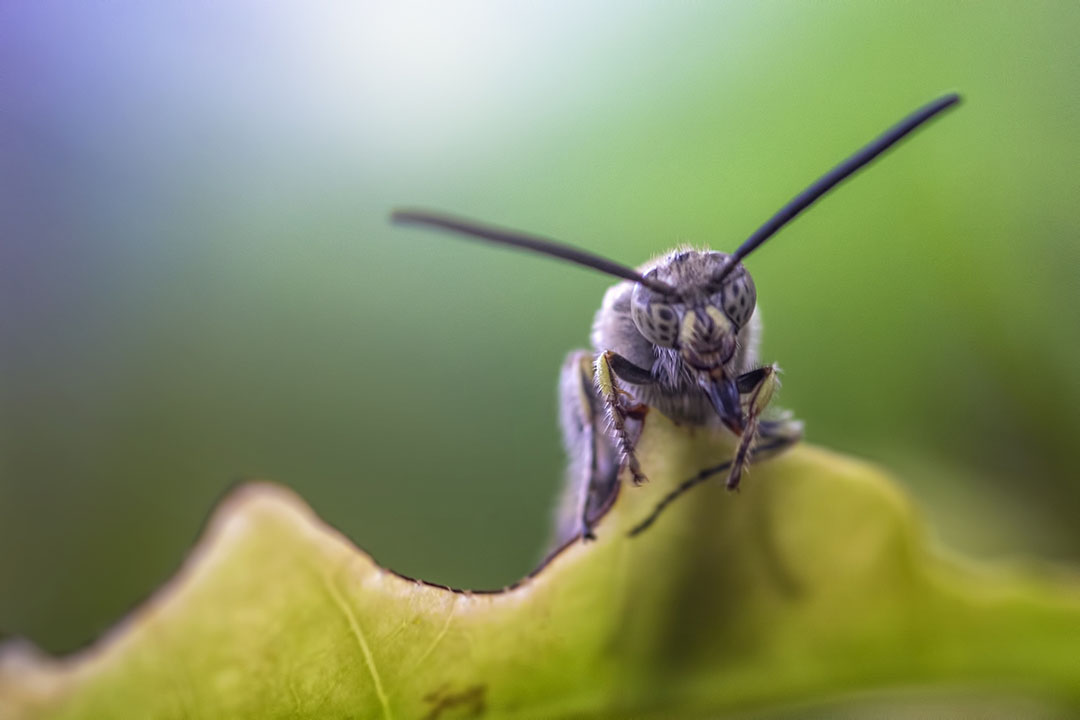
Last month the new European research project SUSINCHAIN kicked off. The project aims to contribute to novel protein provision for feed and food in Europe. SUSINCHAIN is a project funded with a grant from the European Union’s Horizon 2020 program.
SUSINCHAIN wants to overcome the barriers for increasing the economic viability of the insect value chain and opening markets by combining forces in a comprehensive multi-actor consortium.
Insects and insect-derived products have entered the European market since first being acknowledged as a valuable protein source for feed and food production at around 2010. However, scaling up the insect value chain in Europe is progressing at a relatively slow pace. Insect value chain stakeholders in and beyond the SUSINCHAIN consortium, have identified the necessary strategies and related activities to overcome the current hurdles for scaling up the value chain, Hence, the project aims to test, pilot and demonstrate recently developed technologies, products and processes, to realise a shift up to Technology Readiness Level 6 or higher for insect chains based on Black Soldier Fly, (BSF), Housefly, (HF), Mealworm (MW) and Crickets (HC) for feed and/or food production.
20% insect protein in 2025
These actions provide the necessary knowledge and data for actors in the insect value chain to decrease the cost price of insect products, process insects more efficiently and market insect protein applications in animal feed and regular human diets that are safe and sustainable. This will pave the way for further upscaling and commercialisation of the European insect sector, resulting in a replacement of animal protein by insect protein of 10% in animal feed and of 20% in human diets, and a thousand fold increase in both production volumes and jobs in 2025.
€ 8.5 million budget
The duration of the project will be 48 months and the project will be conducted in collaboration with 18 industrially and 17 academic partners with a total budget of over 8.5 million euro. Dr Teun Veldkamp as coordinator and Prof Ine van der Fels-Klerx as deputy coordinator, both of Wageningen University & Research (WUR), will take on the management of the project.


